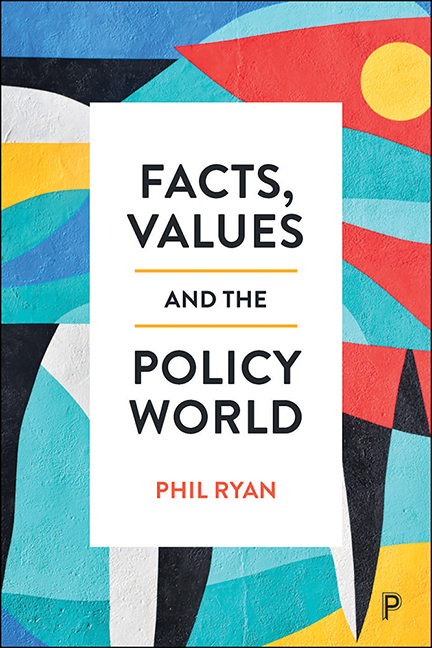Conclusion to Part II - The instincts of the non-binary analyst
Published online by Cambridge University Press: 15 September 2022
Summary
While coaching my son's soccer team some years ago, I was trying to show a player how to shoot ‘with the laces’ of the soccer shoe. After a few minutes, his frustration erupted: ‘I know how to do it,’ he exclaimed, ‘I just don't know how to do it.’ What was he saying exactly? He had seen the action demonstrated many times. He could see, in his mind, exactly what he should be doing. Which is to say, he had the theory down pat. Practice, the ability to translate his clear visual image into a coordinated set of movements, was another matter entirely. As for skillful practice: in our short season together, it was beyond my ability to teach that and beyond his to learn it. For a soccer player, skillful practice does not mean hitting the ball correctly from time to time, but doing so reliably, under a wide variety of conditions and, eventually, without thinking about it, having the skill become second nature.
Thinking about how we acquire physical skills can tell us something about learning intellectual ones and about what it means to have acquired a skill. The skilled builder no longer needs to focus attention on getting the head of the hammer to hit the nail properly: that has become second nature. Analogously, to master an intellectual skill is to turn a merely superficial absorption of certain insights into intellectual instincts.
Sit down with an economist: describe a set of rules, those governing welfare policy, for example, or an academic program. Often, the economist will observe: ‘Ah, but you’ve created an incentive to …’ The insight that follows may be one that anyone might come up with, if they thought long enough about the matter. To the economist, however, it comes naturally. ‘Natural’, in this case, refers to the product of long immersion in a disciplinary culture. The theoretical tool may seem to be applied effortlessly, but the process of acquiring the tool is anything but effortless.
- Type
- Chapter
- Information
- Facts, Values and the Policy World , pp. 108 - 110Publisher: Bristol University PressPrint publication year: 2022



